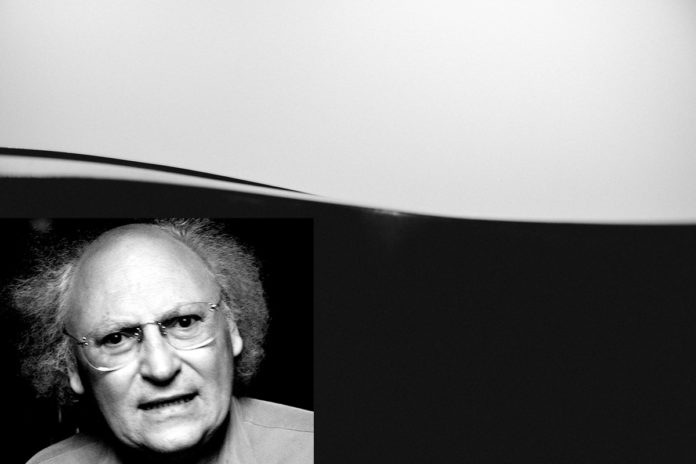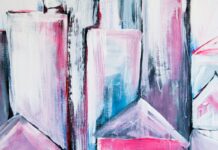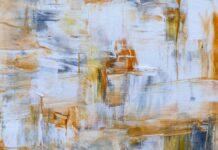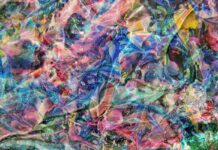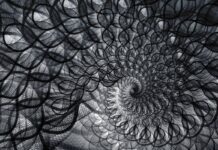Translated by Gabriella Bedetti & Don Boes
I am a whirlwind
of meaning
I unravel
in what words
can no longer say
I am so full
of everything I feel
that cold and thirst
are nothing more
the light so completely
fades from my eyes
jesuis un tourbillon
desens
je me roule
dansce que les mots
nepeuvent plus dire
tant je suisplein
de tout ce que je sens
que le froid et la soif
nesont plus rien
tant la lumière
sort des yeux
–from L’obscur travaille (The Dark Works), Arfuyen, 2012
as we watch over a child
I waited for the sun
in a house of black water
my words were
a pile of wood a cemetery
yet my words surround me
they are the face of my childhood
they are the wearing away of my eyes
I am a word fray
comme on veille un enfant
j’aiattendu le soleil
dansunemaisond’eau noire
mes paroles étaient
untas de bois un cimetière
pourtantmes paroles m’entourent
ellessont le front sur mon enfance
ellessontl’érosion de mesyeux
jesuisune parole rencontre
–from Parole rencontre (Word Fray), Atelier du grand tétras, 2008
they have the eyes of children
where suns have placed
the shock of wrinkles
they wait for hope
on the bench of eternity
ilsont des yeuxd’enfants
où les soleilsontmis
l’étonnement des rides
ilsattendentl’espoir
sur le banc des toujours
–from Parole rencontre (Word Fray), Atelier du grand tétras, 2008
I can no longer count my faces
I pose for tomorrow
I am infinitely arriving
an entire family of expressions
collects in my eyes
je ne peut plus comptermes visages
je pose pour demain
jesuisinfiniment à venir
touteunefamille de regards
seserredansmesyeux
–from Infiniment à venir(Infinitely to Come), Dumerchez, 2004
what looks like night knows us by name
because even after sleep we are made of night
the matter before us and after us
gathers itself or goes away
its movements are such
that we follow it is outside us
or in us a voice that walks or a dream we hunt
namesnames are not part of us
their letters end in flame that take us on
from this flaring we are born
ce qui ressemble à la nuit nous connaît par notre nom
carmême après le sommeil nous sommes tout de nuit
unematièred’avant nous et après nous
elle se rassembleou se disperse
cesontsesmouvements
que nous suivonselleest hors de nous
ouen nous unevoix qui marcheou un rêvequ’on chasse des mains
lesnoms les noms ne font pas partie de nous
leurslettres se terminenten flames qui prennent sur nous
decettebrûlure nous naissons
–from Jamais et un jour (Never and a Day), Dominique Bedou, 1986
About the Poet
Henri Meschonnic (1932–2009) is a key figure of French “new poetics,” best known worldwide for his translations from the Old Testament and the 710-page Critique du rythme. During his long career, Meschonnic generated controversy in the literary community. As a poet and as a translator of the Hebrew verse of the Bible, Meschonnic contends that rhythm rules over meaning, flowing from the bottom up. For him, the revolution in the idea of language is the basis of a continuing change, not only in the poem but also in the idea of history and social life itself. His poems appear in more than a dozen languages; however, even now, almost none of Meschonnic’s poems have been translated into English. His poetry has received prestigious awards, including the Max Jacob International Poetry Prize, the Mallarmé Prize, the Jean Arp Francophone Literature Prize, and the Guillevic-Ville de Saint-Malo Grand Prize for Poetry.
About the Translators
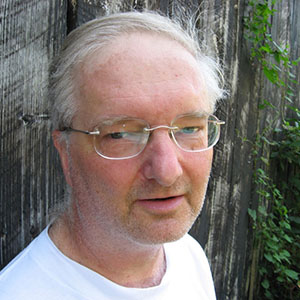
Don Boes is the author of Good Luck With That, Railroad Crossing, and The Eighth Continent, selected by A. R. Ammons for the Samuel French Morse Poetry Prize. His poems have appeared in The Louisville Review, Painted Bride Quarterly, Prairie Schooner, CutBank, Zone 3, Southern Indiana Review, and The Cincinnati Review.
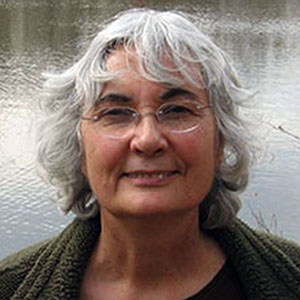
Gabriella Bedetti studied translation at the University of Iowa and the Sewanee Writers’ Conference. Her translations of Meschonnic’s essays and other writings have appeared in New Literary History, Critical Inquiry, and Diacritics. Meschonnic was a guest of the MLA at her roundtable with Ralph Cohen and Susan Stewart.


